The hard rock genre dates back to nineteen sixty and
Deep Purple isn’t the oldest band in the category that is still active. Nor do they hold the record for the most hard rock studio albums.
Alice Cooper has twenty six and
Kiss has twenty four. But
Deep Purple has now released twenty studio albums, which is a significant accomplishment for any band. Their two thousand offering,
Rapture of the Deep, didn’t display as much instrumental diversity and was mostly dominated by heavy melodies. It was a throwback to their sixties blues rock roots, with a twist of jazz rock. Their two thousand thirteen album, Now What?!, exhibited more of a keyboard and guitar presence. Which sounded nostalgic to their early eighties revival. The album cover of this new release shows a coast guard icebreaker ship, that has cut the band’s initials through ice on a frozen sea. The cardboard CD package folds out with three panels and includes a bonus DVD. When you pull the two discs out, there is a photo of an elaborate ice carving of the band member’s resemblance. The DVD is a lengthy biography that shows the album’s production, with interviews and the narrator does say that this could be their last album.
The opening song,
Time for Bedlam commences with a synthesized vocal presentation resembling a robot. “
Descending the cold steps of the institution for the politically insane.” “
Never to be seen again.” The drum beats stumble forth along with the high note ambience of the keyboard music. The bass notes add depth with intermittent power chords, as the guitarist alternates between mid range strums and modest high note whines. “Don’t want no pity from this filthy cell.” “I’ll see you in hell, see you in hell.” The keyboard music soon breaks out with a melody of descending notes, like classic
Deep Purple from over forty years ago. The other musicians play supporting roles to the keyboard outbursts. “See you in hell.” Vocalist
Ian Gillan still sounds strong at seventy one years of age and is the band’s most identifiable performer. He first appeared on their fourth album,
In Rock, replacing original vocalist Rod Evans. But he quit the band in the summer of seventy three, worked on some solo albums, as well as one release with
Black Sabbath. In eighty four, he rejoined
Deep Purple and the band recovered their huge popularity. As a baritone and not quite a multi octave vocalist, he does hit higher notes and juggles them with his throat at will. He sings his lines with the emotional flair of an actor and suspends certain vocal tones for extra emphasis like a seasoned professional. His presence yields a unique personality, which is instantly recognized.
Keyboardist
Don Airey has been with
Deep Purple since two thousand two and had previously performed on seven studio albums for
Gary Moore. He usually leads the compositions with flamboyant outbursts, but infrequently provides a high note ambience in the background. It’s a mix of organ and piano music from a variety of angles, with textures resembling early
Deep Purple and other classic artists. Guitarist Steve Morse joined
Deep Purple in nineteen ninety six and had performed on two studio albums with
Kansas in the late eighties. The guitar music usually plays a supportive role, mid range crust approaches are used in some songs and flashy solos occur sparingly. Some of the guitar wailing imitates the work of Richie Blackmore and at other times it takes on the character of
Kansas. The fourth song, One
Night in Vegas, abruptly starts with mid range guitar jolts using a crusty texture. It’s followed by bursts of flashy keyboard music and a mid range bass rhythm. The vocalist soon joins in to contribute to the higher notes of the spectrum. “I found myself in a Vegas bar with a whole new set of friends.” “Seen through the bottom of a glass.” Fast moving piano music joins in and deep bass notes carry the rhythm. “I was three sheets in the wind.” “The three shots did me in.” The drum beats hardly stand out between the crusty guitar music and the gaudy piano notes, which also have percussive effects. “I don’t remember the chapel, but I woke up with a wife.” “I looked at her, she looked at me and now we’re hooked for life.”
Track number six, The Surprising, starts with eerie keyboard music and is accompanied by slow guitar picking. It takes the character of early seventies folk rock and the vocals follow suit and the vocals follow with a similar trait. “It wasn’t quite the curse of Tutankhamen or the kiss of Judas in the night.” The drums are beaten melodically and the bass is played gently at this slower pace. Then about half way , in the lyrics become more mystical. “
And then an angel took my hand and said come along with me.” The keyboard erupts with high notes, beside snare drum flare ups, crusty guitar riffs and bold bass chops. Bassist Roger Glover is now seventy one years of age and started out playing in a band called episode Six, along with
Ian Gillan. He first appeared on
Deep Purple’s nineteen seventy album ,
In Rock. But he quit the band in seventy three and later played for Blackmore with
Rainbow in seventy nine. In eighty four, he rejoined
Deep Purple for their glorious comeback. Usually the bass notes are plucked subtly in the pervading atmosphere. Sometimes it moves with more conspicuous power and adds some drive to the flow of the compositions. But the bass music never dominates a song with an outstanding rhythm , like it has done in the past with the band’s more memorable tracks.
Drummer
Ian Paice is sixty eight years of age and is the band’s only original member that remains. He has performed on all of the group’s albums, unlike any of the past or present musicians in their lineups. During the lapse of time when
Deep Purple split up in seventy six through eighty three, he played drums for
Whitesnake. Within these thick walls of instrumentation, the drums are played actively with some snare drum flare ups, yet they are often subdued. He beats the drums hard with constant tone variations and cymbal crashes, which are overwhelmed by the high notes of the keyboard music. A lot of these compositions have a jazz rock flair and he matches it with the appropriate vivacity. The ninth track, Birds of
Prey, starts with some discordant guitar picking resembling a blues rock texture. The drums are beaten at a moderate intensity and pace. A heavy bass melody moves in, the keyboard ambience appears and the vocalist casually sings. “Alarm bells ringing clear, break the calm before the fall.” “Bad news travels at the speed of light, good news not at all.” The texture is very atmospheric, with the main focus on the vocalist, who sings at a relaxed pace. The keyboard notes are prolonged with suspension, the drum beats are loose and smooth. Then suddenly the bass lines become harder and there is a guitar solo displaying acute high note melodies. The intensity relaxes as the vocalist intervenes. “
And the golden sun is rising, at the dawn of a beautiful day.”
The band elected to record this album in Nashville, because they regard these studios as superior to those in
Los Angeles or
New York City. In the DVD it seemed like the old school producer Bob Ezrin toned down a lot of their hard rock arrangements, in favor of a mellow baby boomer’s atmosphere. So a lot of these musical compositions were written on the fly to suit his professional opinion. With five different performers, the compositions are deeply complex and some contributions seem buried in the layers of instrumentation. The keyboard music is the highest component in the spectrum of tones, then the guitar and bass usually add rhythm. The vocals command the songs and the drums add coarseness to the textures. However, each instrument eventually gets a chance to stand out. The guitar music becomes more conspicuous in the later tracks. Sometimes it imitates the work of Richie Blackmore and at other moments it resembles
Kansas. As a Whole, the album sounds like another return to their blues rock roots.
Infinite lacks the driving groove of the best
Deep Purple albums. Now What?! rocked out a lot harder than this album. But this release is still a couple of notches better than
Rapture of the Deep.


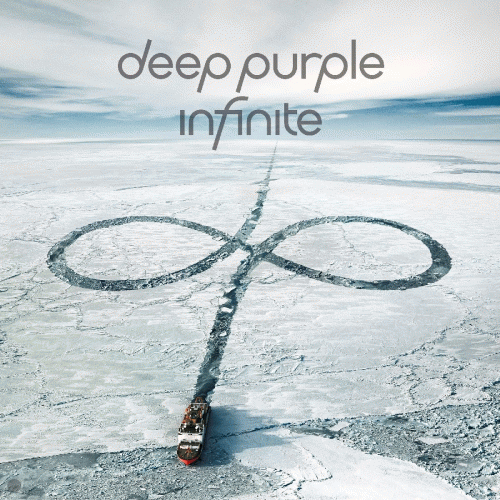








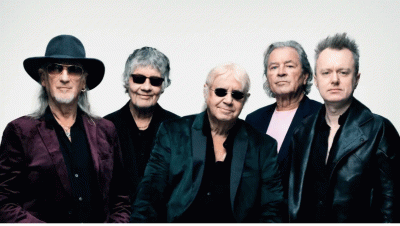

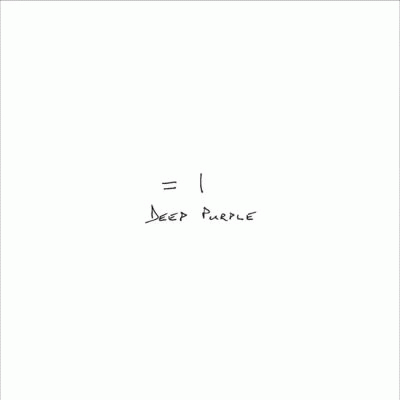
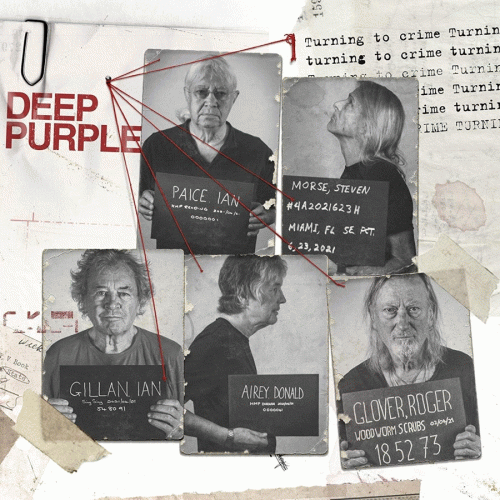
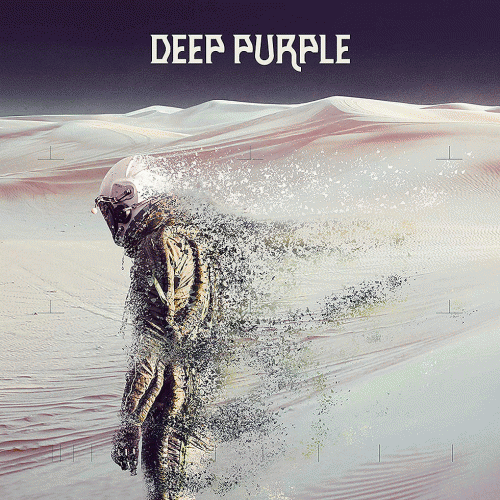
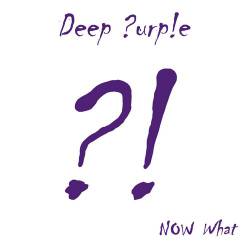
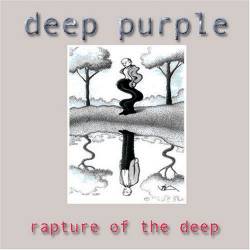

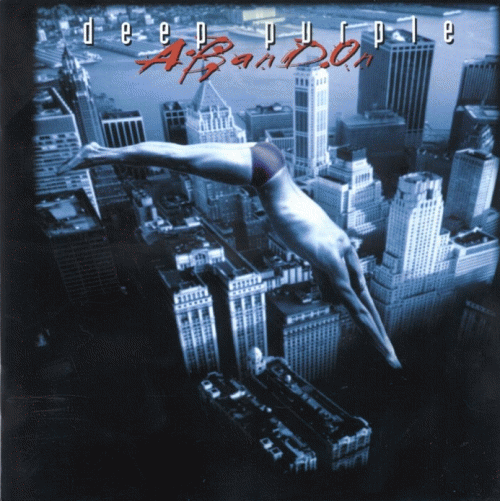
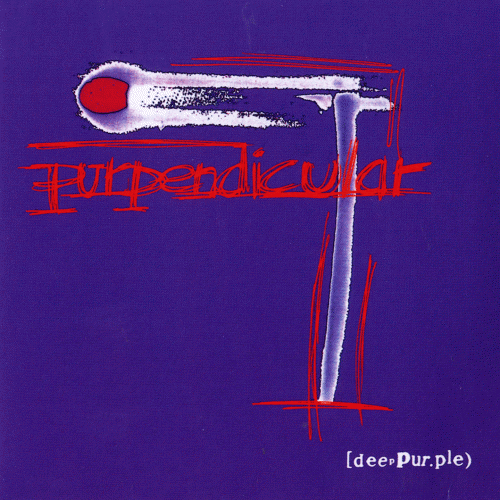
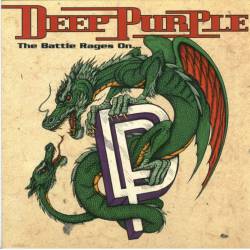
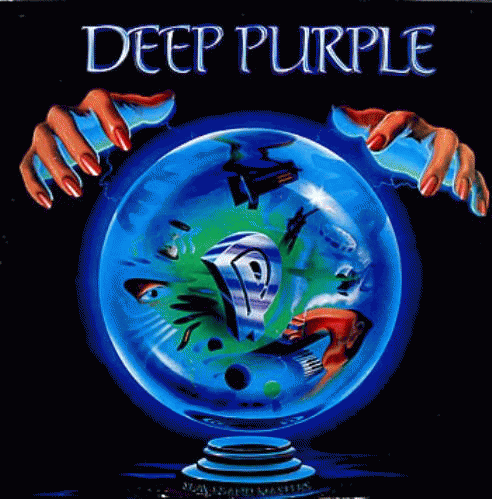
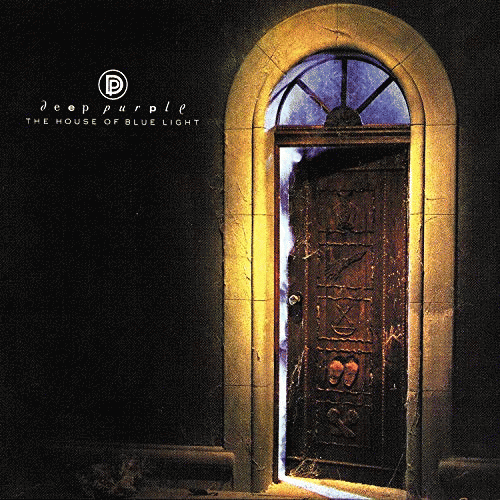
I know that the keyboard music is the highest component in the range of tones, then the guitar and bass usually add rhythm. Ever genre is unique and has its amazing qualities. Regards, thesis writing help
This is not a blog. What's this shit about persuasion versus information? I am not a salesman and I don't give a fuck if you buy this album or not. So you can take your sales pitches back to Encyclopedia Metallum, where that notion started. n1m
Vous devez être membre pour pouvoir ajouter un commentaire